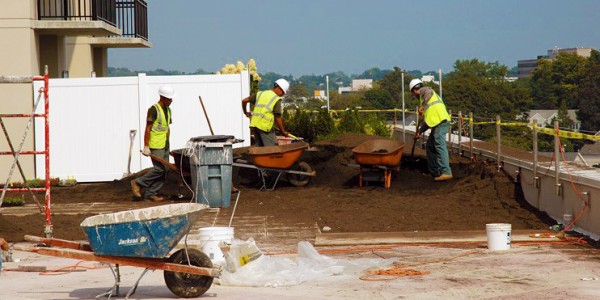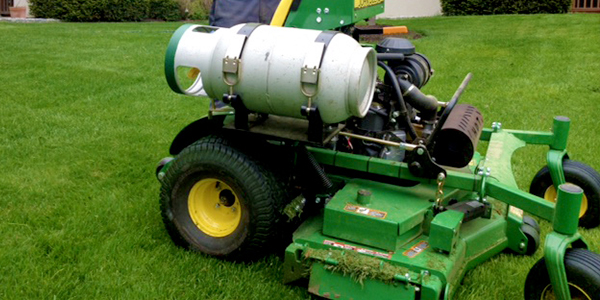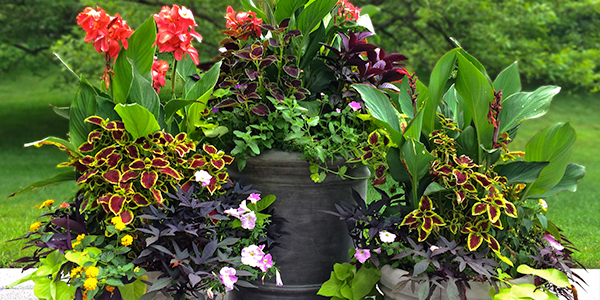Landscape recycling not only eliminates the cost, fuel consumption and carbon emissions of transporting bags and bundles of landscape material, but also provides nutrient-rich resources for the landscape. ELM uses best practices for recycling landscape waste, including composting, leaving grass clippings on the lawn, mulching leaves and chipping woody material.

JOB SITE DEBRIS
Responsible management of waste is an essential part of sustainable commercial landscaping.
At ELM, our goal is to eliminate waste where possible; minimize waste when feasible; and reuse materials that might otherwise become waste. Debris is sorted by green waste (leaves, moss, light vines, grass clippings, garden cuttings, branches, roots, heavy vines, baby trees, sawdust) and non-green waste. Green waste can be recycled and produced into reusable materials such as landscaping mulch, topsoil, and clean fill.

ON-SITE COMPOSTING
Composting bins or areas can be utilized to collect plant material, sod, and other autumn leaves, grass clippings and other organic material disposal. ELM encourages working with your food service department to collect compostable materials in a separate bin.
Our team manages these areas by maintaining the cleanliness of the area, adding organic bacteria to the composting area to help encourage the decomposition of the organic matter, and rotating the piles to encourage even fermentation of the compost. We would suggest using this compost throughout the property in the annual beds and perennial beds, if there is additional compost, we work with some sites to bag it and allow their employees to take it home and use in their gardens.
Composting is a great opportunity to further green initiatives and reduce the overall environmental impact the compact has on local landfills, while benefitting your beds and landscape.

PLANT CONTAINERS/POTS
In the horticultural industry alone, about 350 million pounds of plastic is produced each year.
Plastic pots and garden container materials deposited in landfills take up considerable space and do not readily decompose and would remain intact for decades. Plastic pots and containers can be recycled. ELM is committed to reducing the amount of horticultural waste in landfills by recycling plastic garden pots, polystyrene cell packs and trays. The pots and containers are sorted and returned to recycling companies that specifically accept horticultural plastic.
